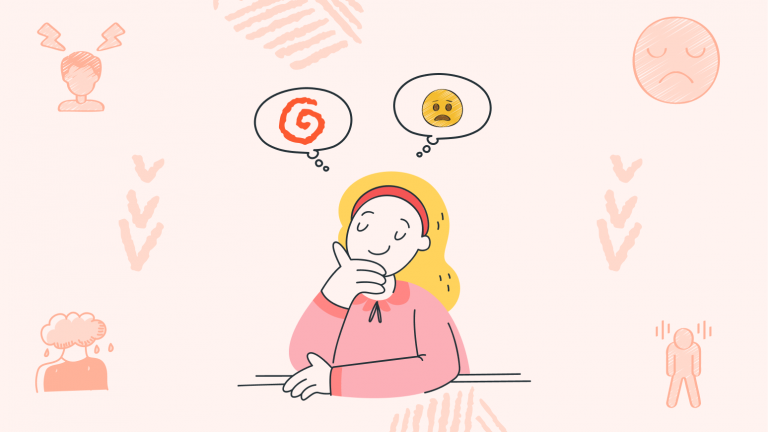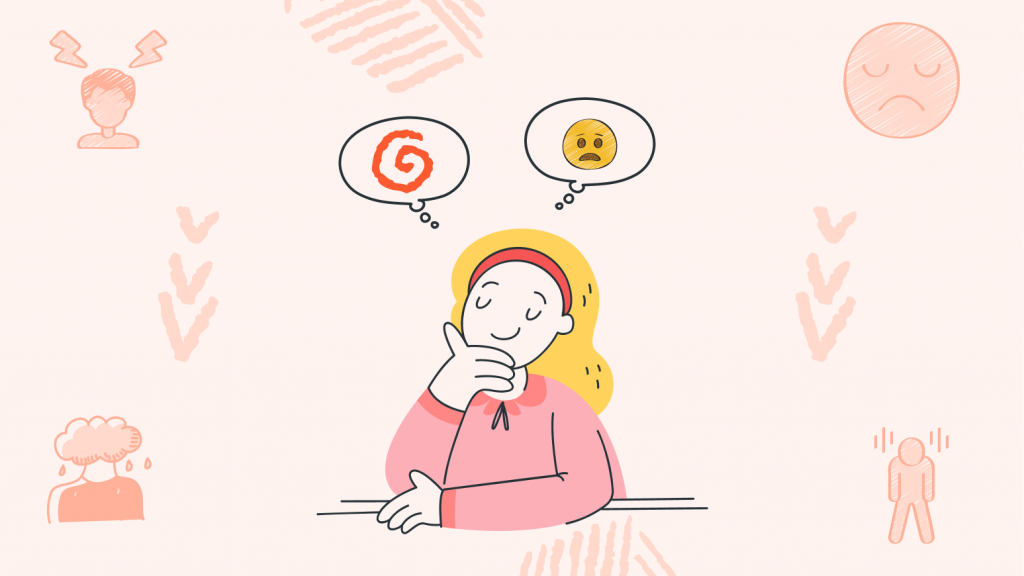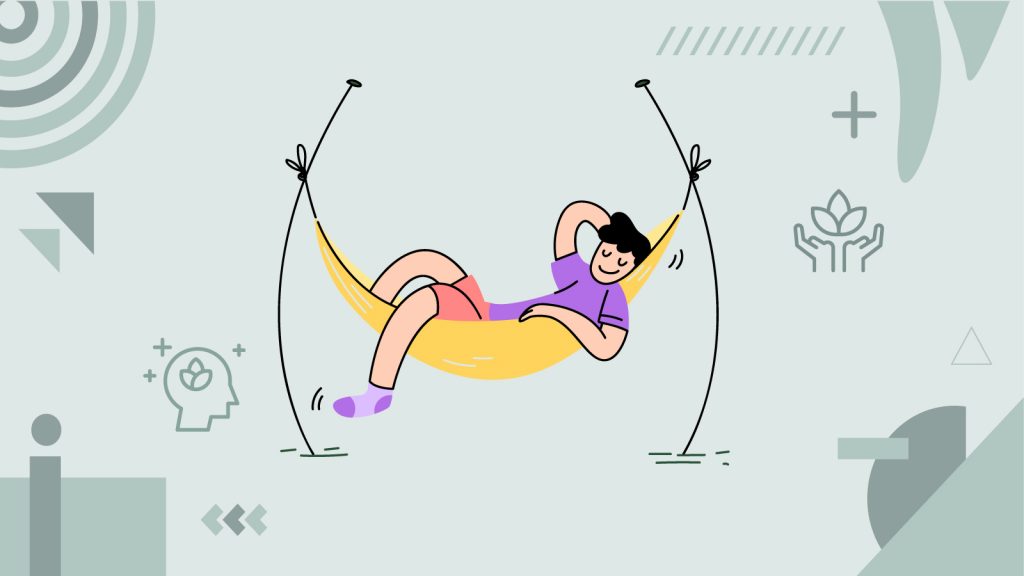The Cycle of Perpetual Uncertainty
Dealing with uncertainty can feel like navigating a dense fog—you know the path is there, but you just can’t see it. It’s something we all face, whether deciding on a career move, stressing about health, or just worrying about what tomorrow might bring. This uncertainty can trap us in a whirlwind of endless ‘what ifs’ and ‘maybes,’ draining our mental battery and casting a shadow of doubt over even the smallest choices.
Ever found yourself overthinking to the point where everything feels overwhelming? That’s the fear of the unknown at work. It can make deciding what to have for breakfast seem as complex as solving a math equation. It’s like your mind becomes a hamster wheel of thoughts, going round and round but getting nowhere, leaving you feeling stuck and drained.
So, why do we get caught in this cycle? It’s our brain’s way of trying to prepare for every possible outcome, but instead of helping, it often leaves us feeling more unsure and anxious. Recognizing this pattern is the first step in cutting through the fog of uncertainty, reclaiming our mental clarity, and making life’s decisions feel a little less like climbing a mountain.
Decoding the Anxiety of the Unknown
The brain’s response to uncertainty is rooted in its fundamental need for predictability and control. When faced with uncertain situations, the brain’s threat detection system, particularly the amygdala, becomes activated, treating the lack of information as a potential danger. This triggers the release of stress hormones like cortisol, priming the body for a fight-or-flight response.
Simultaneously, the prefrontal cortex, responsible for decision-making and planning, goes into overdrive, trying to predict every possible outcome. This heightened state of alertness and constant mental simulation can lead to exhaustion, sleep disturbances, and a sense of being overwhelmed, which are hallmark symptoms of anxiety.
Strategies for Uncertainty Management
To mitigate the impact of uncertainty, adopting a proactive approach towards managing thoughts and emotions is essential:
- Mindfulness and Acceptance: Practice being present in the moment and accepting uncertainty as a natural part of life. Mindfulness exercises can help reduce the tendency to overanalyze past events or worry about future possibilities.
- Cognitive Reframing: Challenge and change negative thought patterns. By reframing thoughts from catastrophic predictions to more balanced and realistic assessments, one can reduce the emotional impact of uncertainty.
- Limiting Information Overload: In an era of constant connectivity, restricting excessive news consumption and social media can prevent the amplification of uncertainties and anxieties.
- Routine and Structure: Establishing a daily routine can provide a sense of control and normalcy, counteracting the chaos of uncertainty.
Subscribe to newsletter
Get your Gut Health Starter Guide right now.
Elevate your Tuesdays with practical, science-backed wisdom propelling you forward on your gut health journey.

From Turmoil to Tranquility
Emily’s journey from the quagmire of uncertainty to a state of calm and control underscores the effectiveness of these strategies. Previously caught in a maelstrom of ‘what ifs,’ her life was a constant battle against anxiety. The turning point came when she embraced mindfulness and cognitive reframing, learning to live in the present and view uncertainty through a lens of opportunity rather than fear.
Gradually, as Emily implemented these changes, her incessant worries began to wane, replaced by a newfound sense of peace and confidence. Her sleep improved, her relationships deepened, and her ability to enjoy life and make decisions without fear was restored.
In Emily’s words, “Adopting a mindful approach to uncertainty didn’t just alleviate my anxiety; it transformed my entire outlook on life. Learning to coexist with the unknown, rather than trying to predict or control it, has opened up a world of possibilities I was too anxious to see before.”
Emily’s experience highlights that while uncertainty is an inevitable part of life, it does not have to be a source of endless anxiety. With the right strategies and a shift in perspective, navigating the fog of uncertainty can lead to a path of clarity, growth, and emotional resilience.


















